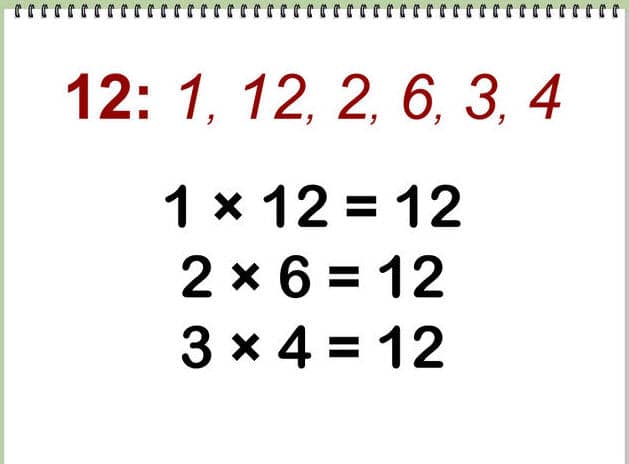
What is factoring?
Factoring is like taking a number apart. The factors of a number are all those numbers that can be divided evenly into that number. Factors are either composite numbers (a natural number that is not prime) or prime numbers (a number whose only factors are itself and 1, for example 3).
Why is it important to learn factors?
Factoring is used in algebra, which is used in pre-calculus, and later in calculus. Factoring is used to help simplify complex equations by breaking them into smaller parts. It’s important that students learn about factoring from an early stage using simple numbers, as later they will need to apply the same practice to much more complex equations.
A simple example
How do you get started on helping your child learn about factoring? Here’s a simple method. Follow these steps:
- Get a pen and paper. Write down the number 1. Leave a space for other numbers and at the end of the page, write down the number you will be factoring. Let’s say 20.
- See if 2 is a factor – meaning, is 20 divisible by 2. Yes it is, 20/2=10. Write down the number 2 next to your number 1.
- Now move onto 3, is 20 divisible by three? It’s not.
- Move onto 4, is 20 divisible by 4. Yes is it, 20/4=5. Write down the number 4 next to your number 2.
- Keep going up the numbers until you get to 20.
The complete list of the factors of 20 is: 1, 2, 4, 5, 10, 20.

